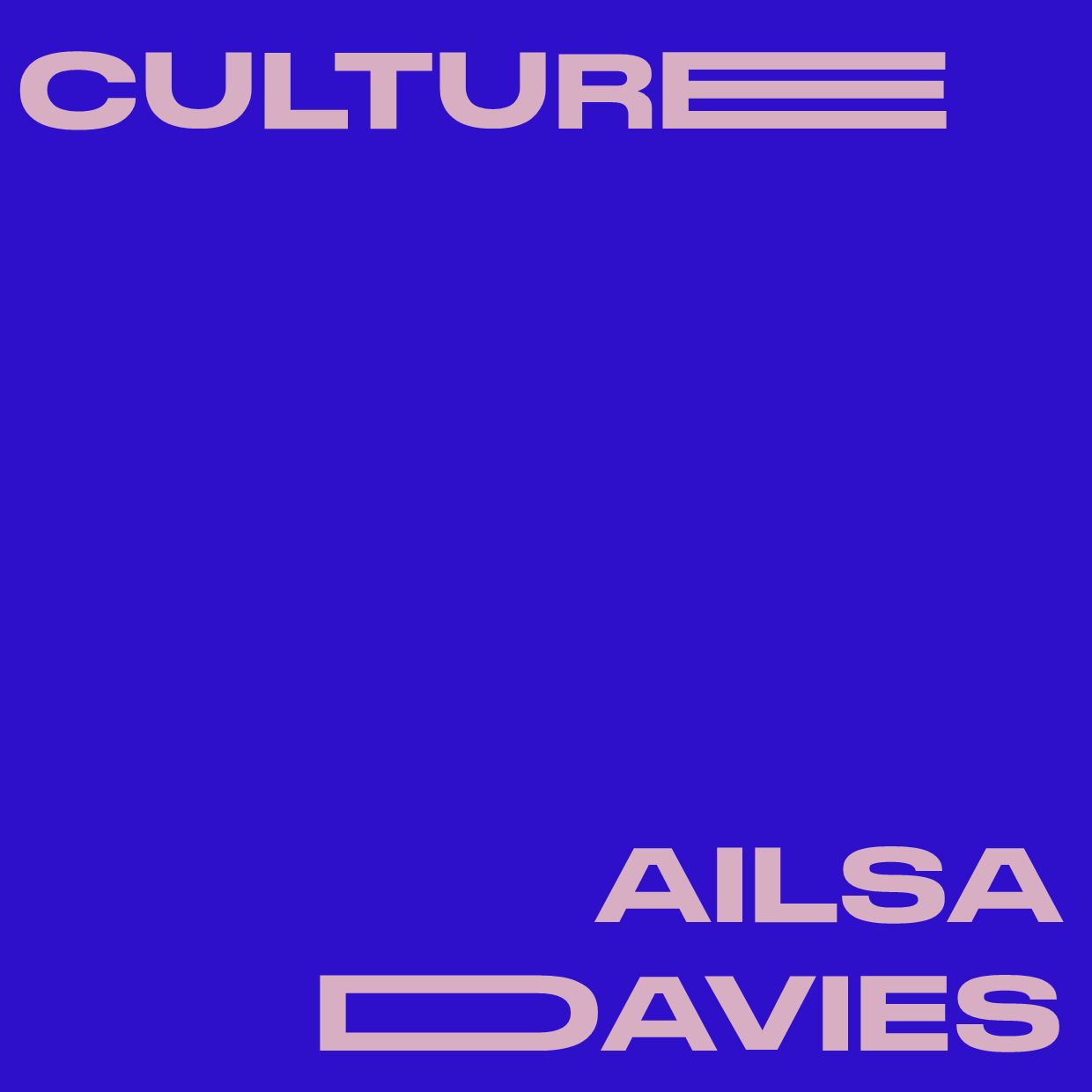Words: Ailsa Davies (she/her)
Sandwiched in between two notoriously dreary and colourless months in Scotland, the Celtic Connections festival has carved out a space for itself, injecting some life and noise into the city when it needs it most. The 2023 iteration marks its 30th anniversary, as well as a huge shift in popularity since its inaugural year. With over 300 events packed into 18 days, including concerts, ceilidhs and workshops, the festival endeavours to continuously expand, while remaining rich and diverse in entertainment. The range of music genres on offer, and attempts to display the imbrications and connections between them, is something to get excited about in itself. Despite the festival’s original focus on Celtic folk arrangements, it now incorporates roots, world music, indie, jazz, blues, and more into a plethora of engaging concerts and a mix of old and new sounds. While it is positioned predominantly in the Glasgow Royal Concert Hall, it also finds its way into smaller venues such as Drygate Brewery, CCA, Tramway and The Hug and Pint, broadening its audience and extending to more areas of the city without overstaying its welcome.
Amongst the hundreds of acts that require recognition, there are a few that seem worth paying particular attention to. The ‘enduring and beloved institution’ named Transatlantic Sessions is making a return appearance to the festival, revisiting its old haunts. Combining first-time appearances with old favourites from the act, as well as traditional and new folk/folk sub-genre songs, it holds the potential of an energetic and unusual performance. It promises to welcome new sounds with support from foundational traditional sounds. The addition of Martha Wainwright as one of the lead vocalists, known for her family’s method of ‘chronicling life through song’ provides further promise of a tender and vibrant performance, permeated with similar talent.
While the majority of the events are taking place in the day or evening, there are a few late night sessions occurring at the Drygate Brewery. Alongside the festival club nights aiming to re-envision the context in which roots music is heard by extracting it beyond seated concerts, this act will provide a more relaxed alternative. The event aims to highlight music’s inclusive capacity, encouraging a more intimate engagement between audience and performers, as well as a celebration of music’s power to stir up energy. Other events seem to follow suit, such as one named ‘When Mountains Meet’ under the Fusion genre. The festival describes it as an ‘unforgettable voyage from the Scottish Highlands to the Himalayas’ following the organiser, Anne Wood’s, own physical journey which she undertook to explore her Scottish and Pakistani heritage, displayed through an unusual mix of sounds, storytelling and visuals. The act called Afro Celtic Connections combines afro-fusion, pan-global and dance-fever genres and promises a more upbeat groove in the Saint Luke’s music venue.
The festival carries its prestige through a list of established previous performers, including the likes of the folk icon Joan Baez, Laura Marling, Scotland’s own Bert Jansch and David Byrne, the frontman of Talking Heads. Headlining figures like these alongside smaller acts has provided Scottish trad music with the attention it deserves, transporting it from the ‘back of pubs and Highland village halls’ to major concert halls with vast audiences. As well as musical events, a significant and unusual part of the festival is the educative strand of it, including workshops and music talks, giving it an extra dimension. The festival is also running regular trad trails around the Merchant City, tracing the story of Glasgow’s folk scene and allowing further immersion into what is, fundamentally, a musical city.
Glasgow seems like the obvious choice of city to hold a festival like this, as it strives to achieve an increasingly inclusive and celebratory ethos. It reflects the city’s values as much as the city provides a cushioned spot for the festival’s myriad acts to land, with music being at the heart of Glasgow’s cultural richness. Although the festival has grown in popularity, the scale seems not to have caused detraction from its authenticity. As well as the organised events, a significant feature is the impromptu post-gig jam sessions, respecting the quality of spontaneity running through the veins of trad music and this city. There is an apparent ‘camaraderie between musicians’ and a unique audience engagement, ultimately celebrating excellent musicianship and its ability to unite, converge genres and people and transcend stereotypes.

